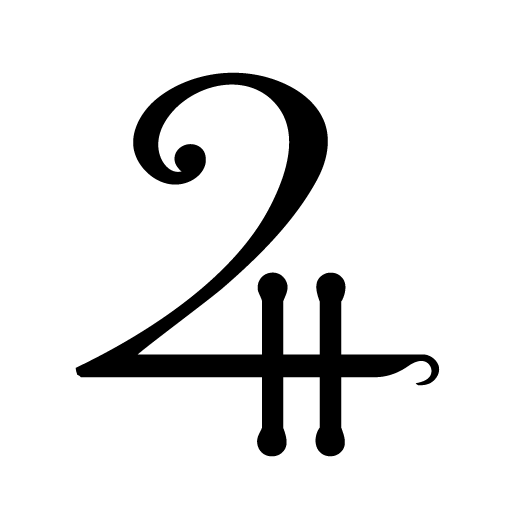Harlots, Housewives & Heroines
Taking the stage! Engaging in international espionage! Women in England experienced an unprecedented flourishing of freedoms during the years of the Restoration. It was an exciting, fascinating time. The brilliant Dr Lucy Worsley takes viewers through this history in a BBC series I enjoyed last year: Harlots, Housewives & Heroines.
Lucy does not host the whole show from the tub.
King Charles I had been deposed and executed. Oliver Cromwell ruled England for a time during the so-called Interregnum, while the heir to the throne, Charles II, lived in exile on the continent. When Cromwell died and Charles II was able to return to England and take the throne, the now relatively liberal and worldly young king ushered in a period starting in 1660 known as the Restoration, wherein England began to shake free of many of its older, more conservatively medieval attitudes.
Dr Worsley chooses to focus on this time and the way it impacted the lives of women—largely for the better, it would seem. She trains her historian’s eye on many of the roles women were playing at the time, and shows how radical their transformations could be. It’s three hour-long episodes, and it appears that you can watch most, if not all of it, on Youtube. Here’s a link to the first segment of the first episode.
Smart women often inspire crushes. Sigh.
One of the things that fascinates me is the way that people explore, adapt to, and lash back against great social changes. Occasionally in history—and the Restoration is such a time—there is a build-up of stagnant, oppressive tradition that is suddenly swept away. Floodgates of freedom are flung open, and people long held-back leap through the breach into the undiscovered country. In those early times, the people are often the *most* free that they will be, for the new rules have yet to be established. The backlash has yet to take hold.
For instance, ending the Taliban rule in Afghanistan led to a state of wide-open press freedoms, where journalists were suddenly able to report on anyone doing anything—speaking truth to power—and grew culturally powerful as a result. This week’s On the Media radio show and podcast talks about this situation in Egypt, Somalia, and Afghanistan. The sad and terrible thing is that—depressingly, predictably—the leaders in those newly-free nations often quickly find those radical journalistic freedoms to be as inconvenient as their totalitarian predecessors did. These new leaders (see: Mohammed Morsi today, John Adams in 1798) then start turning the screws of censorship and intimidation.
In Harlots, Housewives & Heroines, we see something similar. We see many of the status-quo restrictions on English women suddenly loosened, inspired perhaps by what Charles II learned in his rich decade of European exile. Women suddenly enjoy far more liberties than they previously had, but also more liberties than they *soon would have*. For the backlash, as always, is just around the corner. It would take decades or centuries for them to get back what they had briefly experienced.
This series is another invaluable resource for a fantasy author, or any storyteller working in the medieval or renaissance time frame. It’s especially valuable as a counterpoint to the knee-jerk, uninformed sexism or misogyny present in the minds of many people thinking about this period. Yes, of course the people of that day were much more prejudiced about sex and gender than we are today. But there are critiques that rise up whenever a female character does something extraordinary in medieval-flavored narratives that declare her to be “unrealistic”, by virtue of a conventional wisdom of universal sexism. Critiques that say that the suspension of disbelief is violated by any storyline that gives women more to do than our medieval stereotypes would allow.
Point One is that, in a fantasy world, history is free to deviate from the sexist norms of feudal Europe. In a world where magic is real, there are likely to be good reasons for those sexist norms to *not* obtain, so to speak. But let’s set that aside. Point Two is the myriad examples down through history of actual extraordinary women doing amazing things that were beyond the expectations of their culture. Point Three is the fact that, as storytellers, we’re explicitly concerned with the exceptional, the unusual, the extraordinary—since those are the interesting things. But let’s set those aside as well.
This BBC series is an illustration of Point Four: there are real examples of whole periods of history where the extraordinary became commonplace. Whole civilizations, whole eras, or just whole monarchical reigns where the long march of misogyny was turned around. It happened then. It’s happening now. And it can make for a good story.
Nell Gwyn -- "the most famous Restoration actress of all time, possessed of an extraordinary comic talent" ...and also the mistress of King Charles II.



